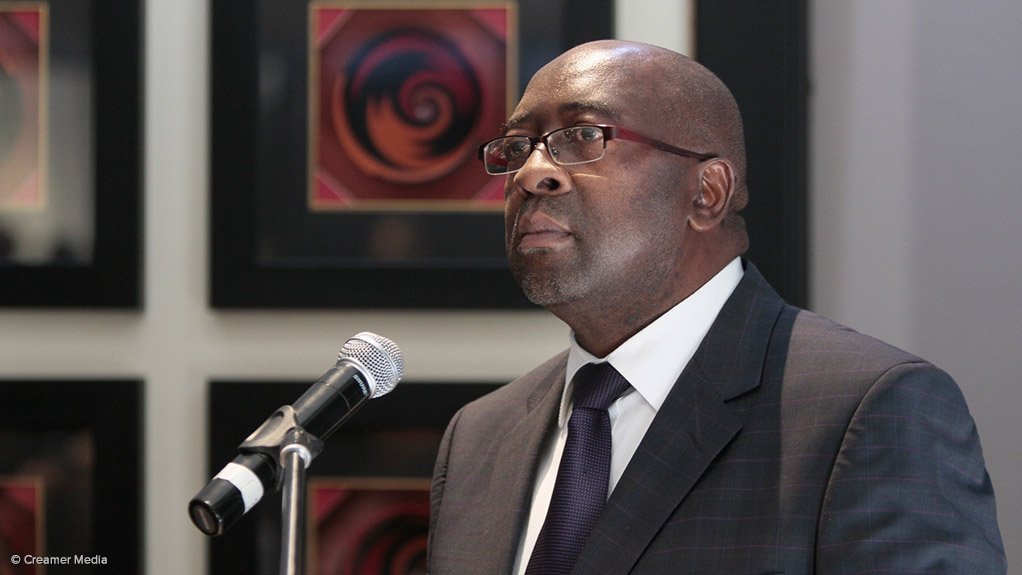Finance Minister Nhlanhla Nene says the process of selling off non-core state assets is at an advanced stage and that he cannot comment on the matter due to the market sensitivity.
Briefing the Select Committee on Finance and Appropriations in Parliament on Thursday, the Minister said naming the entities from which assets were being sold from was also not ideal while the transactions were still underway.
The Minister said this when taking questions from members of the committee after he tabled what has been described as the most difficult budget ever since the advent of democracy.
He asked Members of Parliament (MPs) to be patient.
“We are indicating to the committee that no matter how much we would like to identify these noncore state assets, it would not be prudent and proper to share the names when we are at a sensitive stage of the transaction which is very close to being concluded and we reaffirm the R23-billion coming from some of our non-core state assets,” he said.
The sale of non-core assets, which the Minister announced in October when he tabled his Medium Term Budget Policy Statement, is seen as government’s way of financing state-owned entities (SOEs) without impacting on the budget deficit.
The Minister said he would soon brief the committee once the sales have been concluded.
He said, meanwhile, that government will do all it can to support non-performing SOEs with their turnaround strategies as they play an important developmental role in the economy.
“We do have challenges with some of the SOEs but the fact of the matter is they can grow the economy.
“Even those that are not performing, we have a responsibility to ensure that they are turned around.
“At the end of the day, if they are not working solely because they are in the hands of the state, then we need to check how the involvement of the private sector can improve how they are run and that is why we have always called for the involvement of the public sector,” he said.
Tax proposals were in the interest of all South Africans
The Minister spent some time explaining to the committee why he opted to increase personal income tax instead of imposing an increase on value-added tax (VAT).
He said the increase was justifiable and marginal, and that the decision not to increase VAT was informed by the Davis Tax Committee.
On Wednesday, the Minister told journalists that the National Treasury was still consulting on VAT due to its regressive nature.
“The choice we made was a very affective choice. I know it affects some of us.
“While we do represent our own interests, we also represent the interests of the majority of all South Africans.”
The Minister said, meanwhile, that he would not talk much on the containment of the public sector wage bill as he still wanted to wait for the conclusion of wage talks, which are currently under way.
He said, however, that the National Treasury has, in a bid to stop the wage bill from growing, asked departments from all spheres of government to freeze several vacancies in order to control head count.
EMAIL THIS ARTICLE SAVE THIS ARTICLE
To subscribe email subscriptions@creamermedia.co.za or click here
To advertise email advertising@creamermedia.co.za or click here











